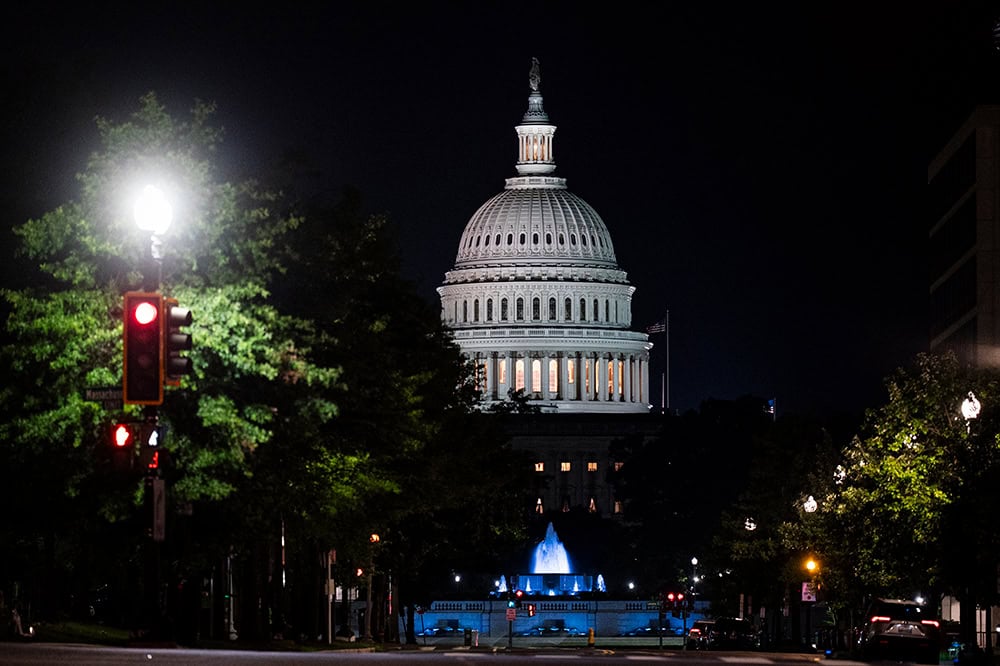Statement by Peter G. Peterson, Chairman of the Peter G. Peterson Foundation, on the Report of the National Commission on Fiscal Responsibility and Reform
“The Commission report released today represents a key starting point in the important national dialogue on how to address our nation’s long-term fiscal challenges. The efforts of the Commission have clearly demonstrated the magnitude and importance of this issue, and their plan provides a strong framework for the tough choices that we will need to make as a nation.
“We welcome the report’s inclusion of Guiding Principles and Values, which will help structure the discussion and debate on how to address these challenges. I believe we can all agree on goals and objectives such as promoting economic recovery and growth, protecting the most vulnerable and keeping our country competitive.
“We encourage our elected leaders to build on the Commission’s commendable bipartisan efforts, and implement sensible, fair and comprehensive solutions to America’s long-term fiscal challenges.”
About PGPF
PGPF is dedicated to increasing public awareness of the nature and urgency of key economic challenges threatening America’s future and to accelerating action on them. To address these challenges successfully, we work to bring Americans together to find and implement sensible, long-term solutions that transcend age, party lines and ideological divides in order to achieve real results. For more information, see www.PGPF.org.
Further Reading
What Are Interest Costs on the National Debt?
Interest costs are on track to become the largest category of spending in the federal budget.
The One Big Beautiful Bill Act Is the Most Expensive Reconciliation Package in Recent History
This week, lawmakers in Congress approved reconciliation legislation that will add trillions of dollars to America’s already unsustainable fiscal trajectory
Healthcare Costs Are a Major Driver of the National Debt and Here’s the Biggest Reason Why
One of the largest drivers of that rising debt is federal spending on major healthcare programs, such as Medicare and Medicaid.


